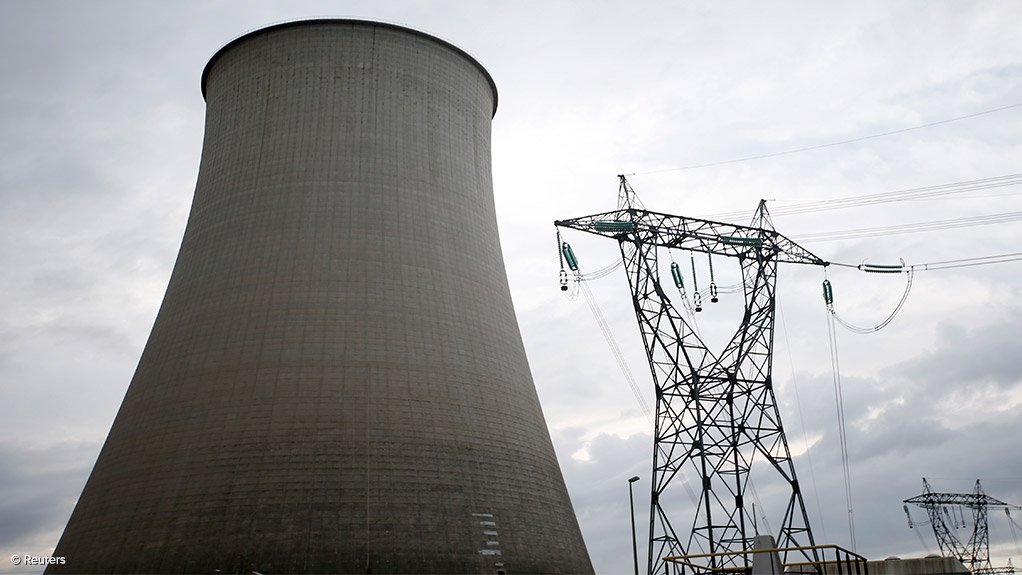Nuclear experts are anxious to get to the request for proposals (RFP) stage in the nuclear build plan for South Africa.
“Let’s get this RFP to vendors to see what they can offer and what the costs will be. Over the past few years, we have got closer and closer to this point and are ready to take this on. It will take away some of the uncertainty over nuclear in South Africa,” North West University Nuclear Engineering manager Anthonie Cilliers told delegates at the Nuclear Power Africa event, in Cape Town.
He said the process would clear up some of the disagreement and debate in South Africa over the viability of the 9 600 MW nuclear build programme.
“If there’s disagreement in the country about cost, financing becomes more difficult.
The bigger the uncertainty, the harder it is to get financing. That’s why it is so important to move on the RFP.
“Let’s go out there and see what the market looks like and then we can make a determination on who our investors will be and where the financing will come from. We need to base this on real figures and if it turns out [to be] too expensive, then we need to make a plan,” said Cilliers.
The Department of Energy is expected to soon issue a RFP to test market appetite for a nuclear power fleet in South Africa. Russian energy company Rosatom is widely expected to be the frontrunner for the project.
Energy Minister Tina Joemat-Pettersson told Parliament last week that the RFP phase would ensure the country secures binding commercial and financial information to enable Cabinet to make a final decision on the best arrangement to implement the nuclear build programme. This would inform the price, affordability, pace and scale of the programme.
Cilliers said he was confident costs would fall within the margins and that it would be possible to get government and investor support.
He said a macro analysis of the 9 600 MW of power was being done to see how it would impact on various economic sectors. The analysis will show the kind of economic growth that can be generated as a result of the programme.
KPMG director and Power – Infrastructure global sector head Anurag Gupta said the investment case for nuclear was tough.
He said the size and complexity of the projects, as well as the cost uncertainty, were big risks. Overruns on budget were a major risk in nuclear projects, with a 10% overrun on a £10-billion pound project, for example, capable of crippling a company financially.
Revenue certainty was essential.
“These are highly intensive capital projects, which need a long time to pay back, so you need a high level of revenue certainty.
Regulatory uncertainty, as well as changes in licensing, could also impact on costs, while money had to be set aside for decommissioning. Political risks were another factor.
“If you are asking a company to undertake a massive investment in a country, then the political environment becomes very important. Nuclear is a politically exposed investment.”
Gupta said the role of government was critical. Investors needed to be very clear about government’s role and required clear cross-party support for the programme.
“The support for nuclear in the UK actually went up after the Fukushima disaster in Japan. All parties in the UK support the nuclear programme and government is extremely clear. This gives investors confidence that, halfway through the programme, the government won’t change its mind.”
EMAIL THIS ARTICLE SAVE THIS ARTICLE
To subscribe email subscriptions@creamermedia.co.za or click here
To advertise email advertising@creamermedia.co.za or click here











